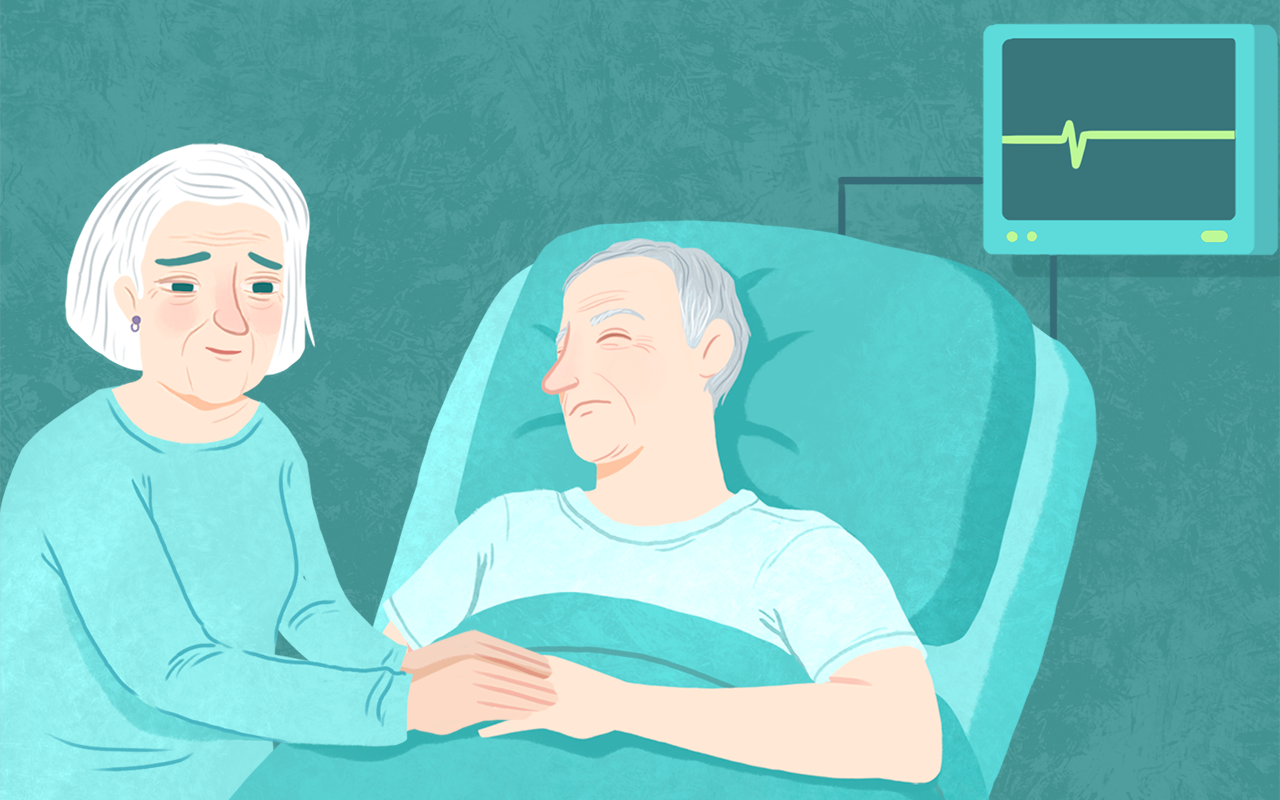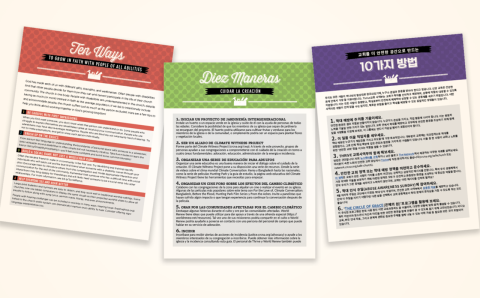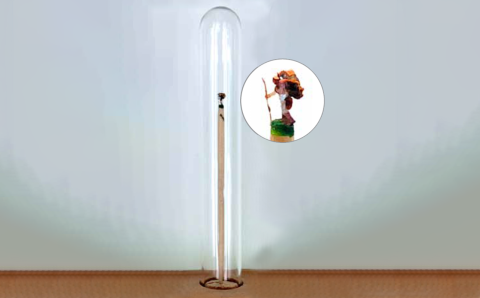What is the CRC stance and Christian view of MAID (Medically Assisted Induced Dying)? How can we support loved ones who are asking about this and making these decisions?
The CRC has a strong word on this. Synod 2025 unanimously voted to approve this language: “that synod deplore the legalization and practice of medically assisted suicide as well as the efforts to expand it to include minors, and those suffering solely from psychological disabilities” (emphasis mine).
This language comes from discussion of the report of the Assisted Suicide Task Force, which spoke to both the specific piece of Canadian legislation that the question references, Medical Assistance in Dying, and the reality within the American context where medically assisted suicide is legal in some states. At least 650 Christian Reformed pastors and chaplains, the report notes, are “doing ministry in jurisdictions where medically assisted suicide is legal.”
This report gives us an emphatic and unambiguous “no!” to medically assisted suicide. That “no” is combined with deep pastoral and theological wisdom to address the loneliness, pain, hopelessness, and loss of meaning or autonomy that can drive one to consider medically assisted suicide. As Ewan Goligher, a Christian physician in Canada, writes in his book How Should We Then Die?, “Most patients (more than 90 percent) who seek assisted death say that the main reason for ending their life is a loss of autonomy, the sense that they are no longer able to control their life or circumstances. ... They aren’t in control anymore, they can’t do what they want to do, they feel like a burden, they feel hopeless, and they find that an intolerable affront to their dignity.” The questions that medically assisted suicide bring aren’t simply physical, Goligher argues (as does the 2025 task force report); they are deeply theological, philosophical, and existential.
To the physical questions—that, while not typically at the forefront of this discussion, still are critically important—the report recommends “compassionate palliative care,” reminding us that with modern palliative care, “it is rare for one’s physical pain to be inadequately addressed.” To the perhaps even more pressing questions of despair, loneliness, and hopelessness, the report provides biblical wisdom, reminding us of the power of presence, God’s call to perseverance in suffering and to bear one another’s burdens, and the promise of the gospel.
There is perhaps no better word than that of Heidelberg Catechism Q&A 1 to the gut-wrenching situations we encounter when wondering about medically assisted suicide. In these, and in all of life, we have but one comfort. As the report says, “In life and in death we belong to our faithful Savior, Jesus Christ. We are not the masters of our own destinies but beloved children, kept and cared for by our heavenly Father, who knows the number of our days and the hairs on our heads.”
About the Author
Jessica Joustra (Ph.D., Fuller Theological Seminary, Vrije Universiteit) is an associate professor of religion and theology and director of the Albert M. Wolters Centre for Christian Scholarship at Redeemer University.









